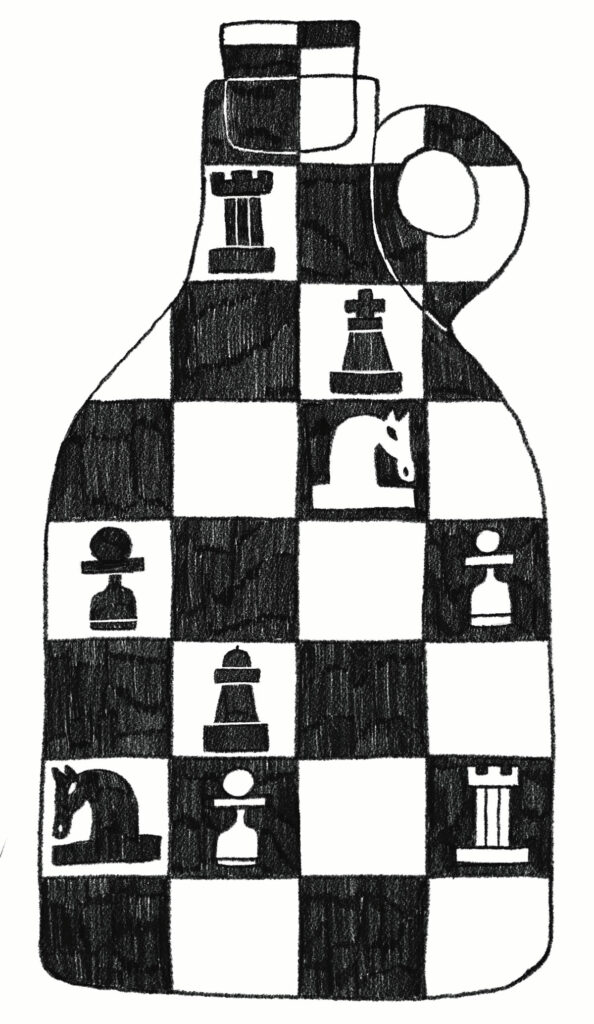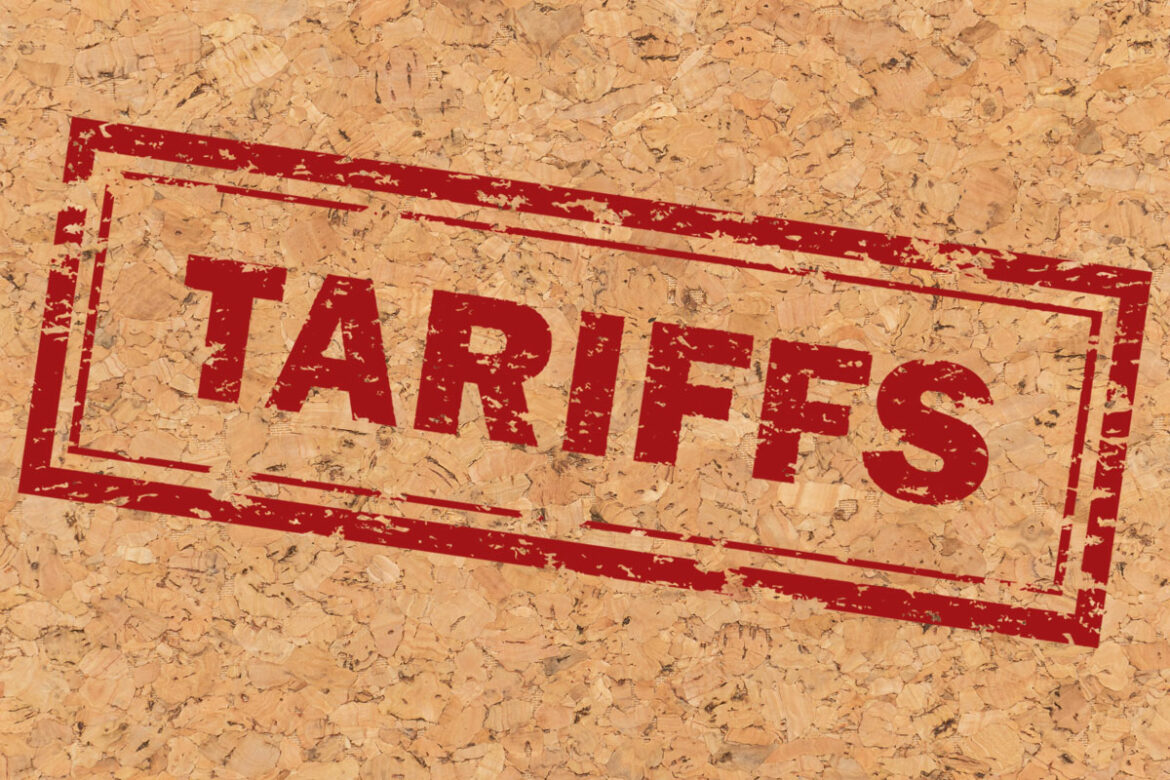Bourbon is arguably more American than apple pie. It’s a convenient target in international feuds, as it remains close to the heart of the American spirit. As founder of Kings County Distillery—New York City’s largest and oldest whiskey distillery—I know that the current administration’s tariffs will hurt my business, but my take on them is nuanced.
It has to be. People who run businesses don’t get the luxury of being ideologically pure, or even particularly politically cohesive. We do our best to live the values we believe in, in periods of feast or famine. I agree with at least some part of the tariffs, though probably not the ones Trump intends.
Some background: I found my first love of whiskey growing up in the coal towns of Appalachian Kentucky, in the heart of moonshine America. Many in this region have a distinctive political philosophy, which includes elements of anti-establishment, anti-capitalist, survivalist—a cultural perspective born out of decades of systemic exploitation and economic abandonment. Moonshine has long been the antidote to systemic exploitation. It is a quintessentially Appalachian product that began as a tax dodge.
At King’s County, we make moonshine (legally), bourbon, and rye from New York grains. It’s always been a part of our story to manufacture in Brooklyn. Manufacturing is our secret sauce, using pot stills, adhering to an older tradition for a viscous, more flavorful distillate that makes a rich and velvety whiskey. We’d like to source everything locally, but a few items like glass bottles and corks aren’t available. The glass-making “Crystal City” of Corning, NY, is lost to history and cork doesn’t even grow outside of the Mediterranean. This is where the tariffs will first affect us.
Our glass comes from England. A lot of the infrastructure for the Scotch whiskey industry is sold to the American market and vice versa (our used bourbon barrels have gone to Scotch whiskey producers, for example). With a custom bottle made exclusively in the U.K., we don’t have a good way to avoid a tariff imposed on U.K. goods. We’ve already had to pay it and hope to absorb the cost.
As closures for our bottles, we use an agglomerated cork, which is made from natural cork, built in China and shipped to us by ocean freight. A six-month supply would be $20,000, with customs duty payable at the port. A 145% tariff on Chinese imports would mean we would owe 145% of the listed value in duties to secure the final leg from Newark to Brooklyn. Soon, we will be forced to source the closure from another country, or find a cheaper closure. But regardless of tactic, there’s almost no scenario where we would source a cork from a domestic company.
The other effect of tariffs is in alienating our foreign markets. We send whiskey as far away as Panama, Bermuda, the U.K., Germany, British Columbia, Nova Scotia, Japan, and Australia. Canada has already been taking measures to limit our ability to do business, with some provinces removing American products entirely. Our Canadian and U.K. distributors specialize in the best of American whiskeys and have the most to lose by the retaliatory policies.
Since people are drinking less in 2025, our sales have already been hindered even as expenses are going up. Borrowing money to cover a rough patch is much more difficult since interest rates jumped in 2023. And raising money for a shrinking business is nearly impossible. Distributors are overwhelmed with too much product for a sobering population, so the small brands get pushed out of mind. Being small, once a competitive advantage, is becoming a liability.
Alcohol is no stranger to taxation. In fact, before the income tax, the government earned as much as 70% of its revenue on alcohol tax and other excise taxes. Today, alcohol is taxed through a patchwork of federal, state, and local means. The tariffs are another burden, but they aren’t the first or the last and—like most people in or out of business right now—I’m taking a wait-and-see approach.
Why aren’t I more upset? While I have some stake in the tariff discussions, bemoaning them feels like playing as a pawn in a pre-ordained chess game. Saying the obvious so as to ratchet up the stakes at the international bargaining table is a role I have no desire to play.

On a deeper level, which relates directly to my Appalachian upbringing, I favor policies that discourage exploiting cheap, faraway labor for any reason. Pushing the dubious labor practices of global commerce out of sight and out of mind has been economically good for America, but has been hollowing out its soul. We’re happy to invest in the mistreatment of faraway workers to enrich ourselves. It happened to the coal miners of Appalachia in the early 1900s and now it’s happening to workers in China, Vietnam, Cambodia. I can see some utility in a tariff that makes cheap global products a little more complicated to execute.
We haven’t heard very much about what the funds from the tariffs will be used for, but I doubt they will be used to right the wrongs of history, or even to build a more diverse, localized economic autonomy, something I could support. But there are things we can do—we’ve already talked about bottling our bourbon with a peer distiller in Ireland, a perfectly legal solution that would flout the tariffs (and avoid excise tax), but arguably violates the spirit of bourbon as an American product.
For every restriction, there is a creative work-around, and being a small business owner and an Appalachian, I’m used to being resourceful and thinking beyond the rules. So when life (or the government) gives us lemons—we make moonshine.



